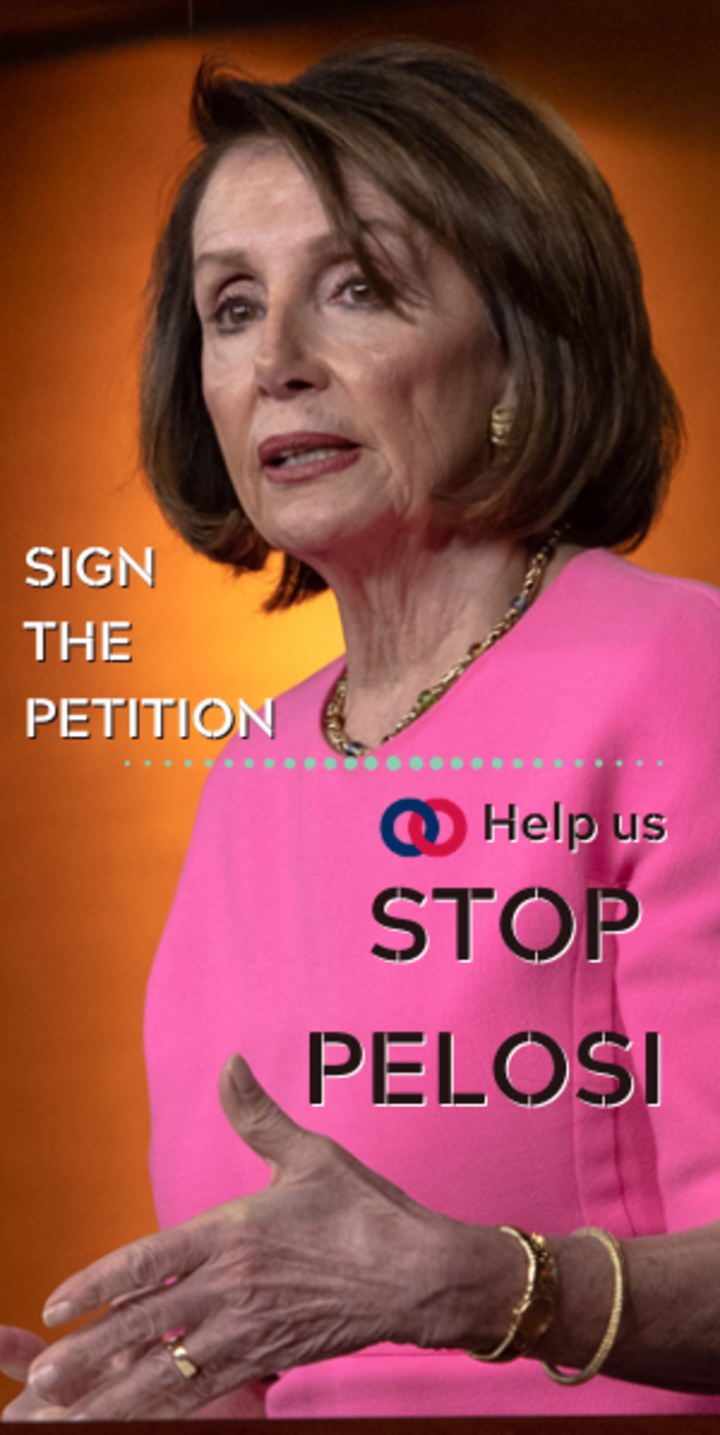Those are are some of the new terms coined in recent years as a result of society's new outlook on 'marriage.' Where marriage was defined by monogamy, a man-woman couple, and permanence, new threats to the unique and critical nature of the institution have exacted a heavy cost on our social fabric.
The Heritage Foundation's Ryan T. Anderson explores some of these costs, the true meaning and nature of marriage in his recent report The Social Costs of Abandoning the Meaning of Marriage. He writes,
In recent decades, a revisionist view of marriage has eroded these norms. No-fault divorce was the first major trend to undermine a strong marriage culture. Now the effort to redefine marriage away from male-female complementarity has gone even further in abandoning the central characteristics of the institution. But if the law redefines marriage to say the male-female aspect is arbitrary, what principle will be left to retain monogamy, sexual exclusivity, or the expectation of permanency?[2] Such developments will have high social costs...
Redefining marriage to say that men and women are interchangeable, that “monogamish” relationships work just as well as monogamous relationships, that “throuples” are the same as couples, and that “wedlease” is preferable to wedlock will only lead to more broken homes, more broken hearts, and more intrusive government. Americans should reject such revisionism and work to restore the essentials that make marriage so important for societal welfare: sexual complementarity, monogamy, exclusivity, and permanency.






